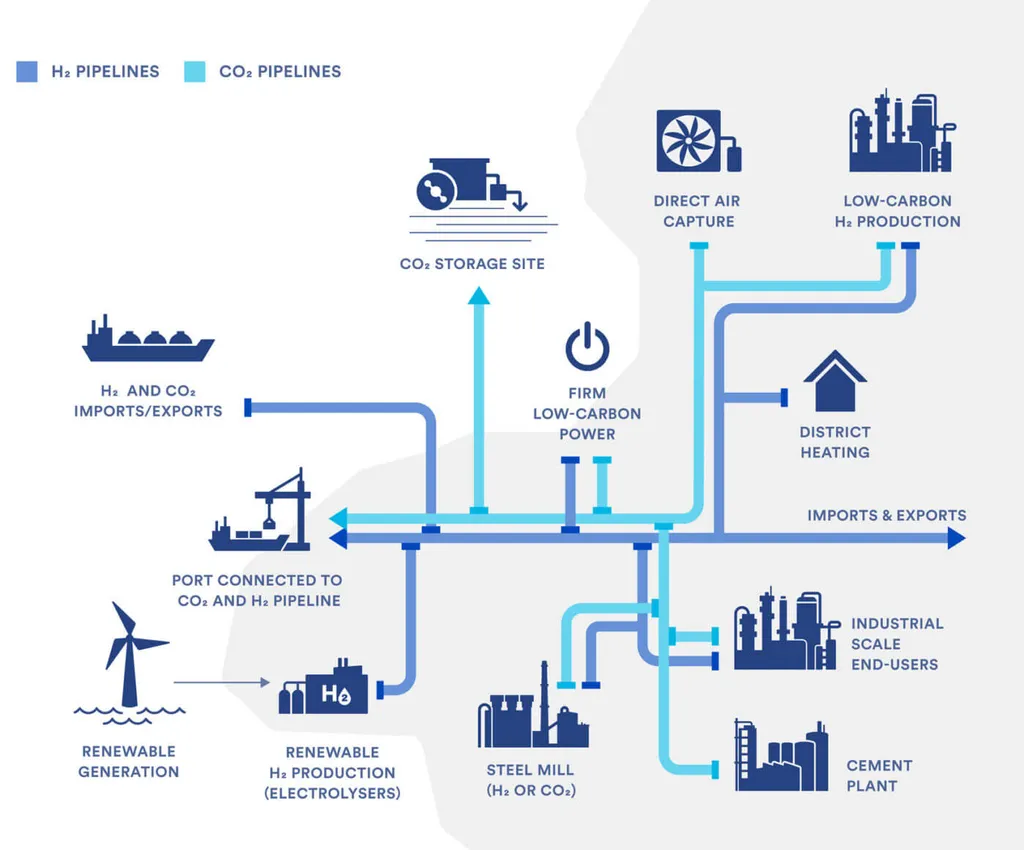Researchers from the University of Bremen, Germany, have proposed a novel approach to enhance the safety and certification of maritime remote operation centers (ROC). The team, led by Christian Neurohr and including Marcel Saager, Lina Putze, Jan-Patrick Osterloh, Karina Rothemann, Hilko Wiards, Eckard Böde, and Axel Hahn, has developed a concept for a hazard database that aims to support the safeguarding and certification of these critical facilities.
As automation in the maritime industry advances, more tasks traditionally performed by crew members on ships are being shifted to shore-based remote operation centers. These centers are responsible for monitoring and, when necessary, controlling automated ships. Ensuring the safety and efficiency of these operations is paramount, and the researchers’ work addresses this need head-on.
The researchers’ concept is built upon a categorization of hazard sources derived from a generic functional architecture. This categorization is crucial as it provides a structured framework for identifying and analyzing potential hazards. By understanding the various sources of risk, the team can develop targeted strategies to mitigate them effectively.
To fill this hazard database, the researchers conducted a preliminary suitability analysis to determine which methods for hazard analysis and risk assessment are best suited for the task. This step is essential as it ensures that the database is populated with relevant and reliable data, which in turn supports the certification process of remote operation centers.
The practical applications of this research are significant. As the maritime industry continues to embrace automation, the need for robust and certified remote operation centers will only grow. The hazard database concept proposed by the University of Bremen researchers provides a valuable tool for ensuring the safety and efficiency of these centers. By identifying and mitigating potential hazards, the maritime industry can operate with greater confidence and security, ultimately leading to safer and more efficient operations at sea.
The researchers’ work is a testament to the ongoing efforts to integrate advanced technology into the maritime sector while prioritizing safety and operational excellence. As the industry evolves, such innovative approaches will be crucial in navigating the complexities of automation and remote operations. Read the original research paper here.

